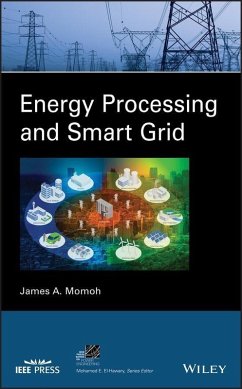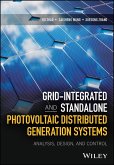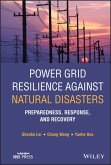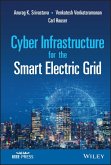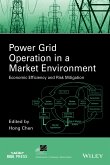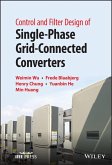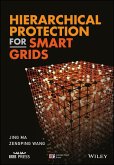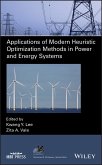The first book in the field to incorporate fundamentals of energy systems and their applications to smart grid, along with advanced topics in modeling and control This book provides an overview of how multiple sources and loads are connected via power electronic devices. Issues of storage technologies are discussed, and a comparison summary is given to facilitate the design and selection of storage types. The need for real-time measurement and controls are pertinent in future grid, and this book dedicates several chapters to real-time measurements such as PMU, smart meters, communication scheme, and protocol and standards for processing and controls of energy options. Organized into nine sections, Energy Processing for the Smart Grid gives an introduction to the energy processing concepts/topics needed by students in electrical engineering or non-electrical engineering who need to work in areas of future grid development. It covers such modern topics as renewable energy, storage technologies, inverter and converter, power electronics, and metering and control for microgrid systems. In addition, this text: * Provides the interface between the classical machines courses with current trends in energy processing and smart grid * Details an understanding of three-phase networks, which is needed to determine voltages, currents, and power from source to sink under different load models and network configurations * Introduces different energy sources including renewable and non-renewable energy resources with appropriate modeling characteristics and performance measures * Covers the conversion and processing of these resources to meet different DC and AC load requirements * Provides an overview and a case study of how multiple sources and loads are connected via power electronic devices * Benefits most policy makers, students and manufacturing and practicing engineers, given the new trends in energy revolution and the desire to reduce carbon output Energy Processing for the Smart Grid is a helpful text for undergraduates and first year graduate students in a typical engineering program who have already taken network analysis and electromagnetic courses.
Dieser Download kann aus rechtlichen Gründen nur mit Rechnungsadresse in A, B, BG, CY, CZ, D, DK, EW, E, FIN, F, GR, HR, H, IRL, I, LT, L, LR, M, NL, PL, P, R, S, SLO, SK ausgeliefert werden.

